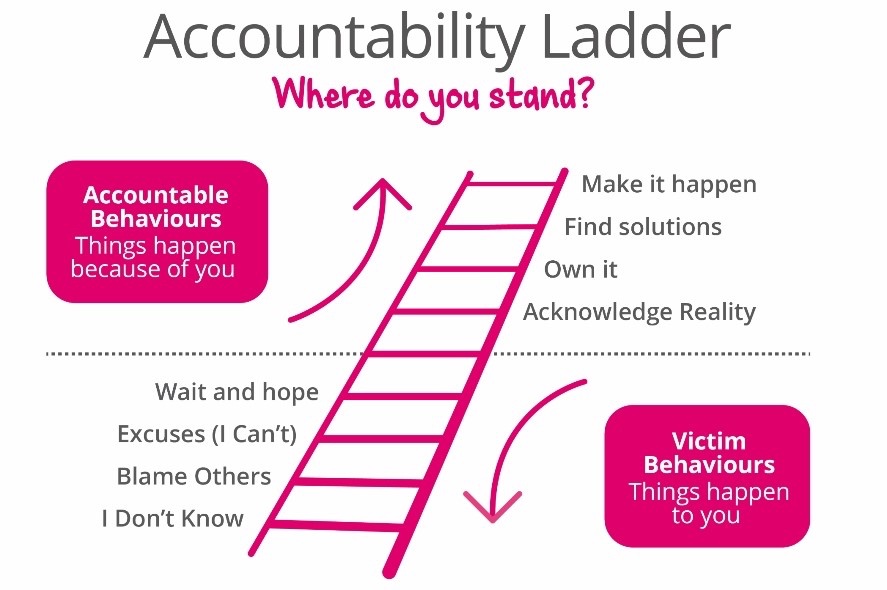If you’re unhappy with the status quo of your organisation, questioning may seem like a sensible approach. Putting pressure on those in power to explain why things are the way they are, and what they’re doing about it.
It’s often easy to fire off a series of complaints, couched in the form of a question, and then sit back and wait for others to solve the problem for you. It makes you feel like you’re being pro-active, without having to do anything tangible.
It’s much much harder to try and understand what’s actually going on and why things are the way they are, and come up with initiatives to help move things forwards (many of which will probably fail).
Or to put it another way, it’s easy to demand change when you choose not to invest in understanding why things the way they are, or put your neck on the line for trying to change them. Moaning and complaining isn’t usually a successful strategy, even if it feels like action.
While this behaviour is both common and completely understandable, it places you towards the bottom of the accountability ladder.
Ironically I see this behaviour most in senior practitioners and middle managers. Complaining that nobody ever listens and nothing ever changes round here, while simultaneously abdicating any and all responsibility for driving said change.
This attitude of learned helplessness can be super infectious and before long everybody is abdicating responsibility Ann’s blaming everybody else.

 Read on Twitter
Read on Twitter


